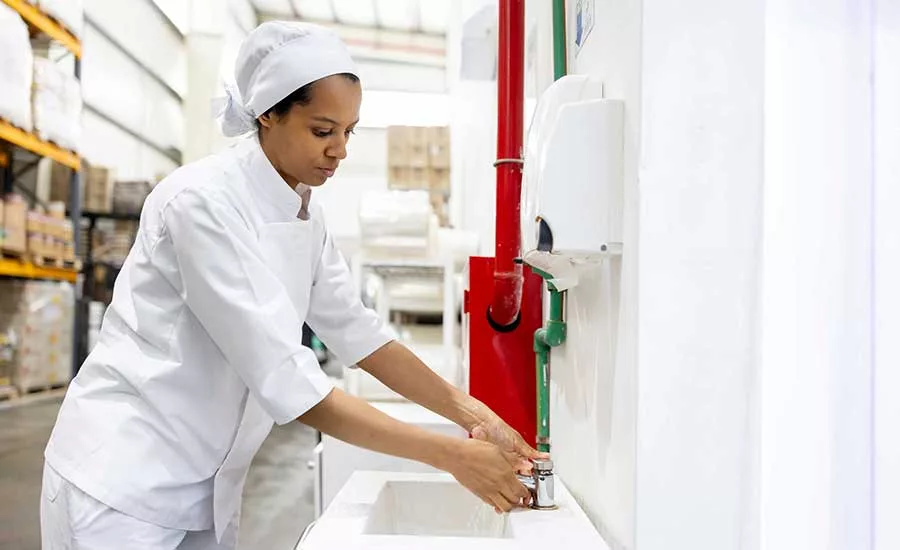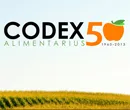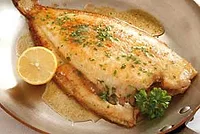Codex Committee Working on Guidelines for Food Fraud Prevention and Control

Image credit: Freepik
Responses to Draft Guidelines on the Prevention and Control of Food Fraud, written by the Codex Committee on Food Import and Export Inspection and Certification Systems (CCFICS), have been published. Review of the guidelines was led by an electronic working group, chaired by the U.S. and co-chaired by China, the EU, the Islamic Republic of Iran, and the UK.
The purpose of the guideline is to advise government authorities and food business operators on the prevention, detection, mitigation, and control of food fraud to help protect the health of consumers, and to ensure fair practices in food trade, including feed for food-producing animals. The guideline acknowledges that aspects related to food fraud are already addressed through many existing Codex Alimentarius texts, which the document is intended to support or supplement. It specifically addresses the prevention and control of food fraud within the scope of national food control systems, and mostly speaks to the activities of competent authorities.
Questions about certain parts about the draft document remain, and total consensus has not been reached on several topics, namely: language around geographical indications, limiting the inclusion of references to animal feed to situations where it has potential impact on human food safety, the investigation and prosecution of food fraud, and use of neutral technology to combat food fraud.
The electronic working group called for further discussion of the guidelines by CCFICS, particularly around:
- Whether the scope of the guideline should explicitly exclude issues related to intellectual property (IP), such as geographical indications (GIs)
- Definitions used in the draft document
- The need to ensure that recommendations in the guidelines are appropriate to the level of risk
- Whether feed for food-producing animals should be included within the scope of the draft guidelines
- Whether to include language related to criminal offenses in the draft guidelines.
Looking for quick answers on food safety topics?
Try Ask FSM, our new smart AI search tool.
Ask FSM →







.webp?t=1721343192)

